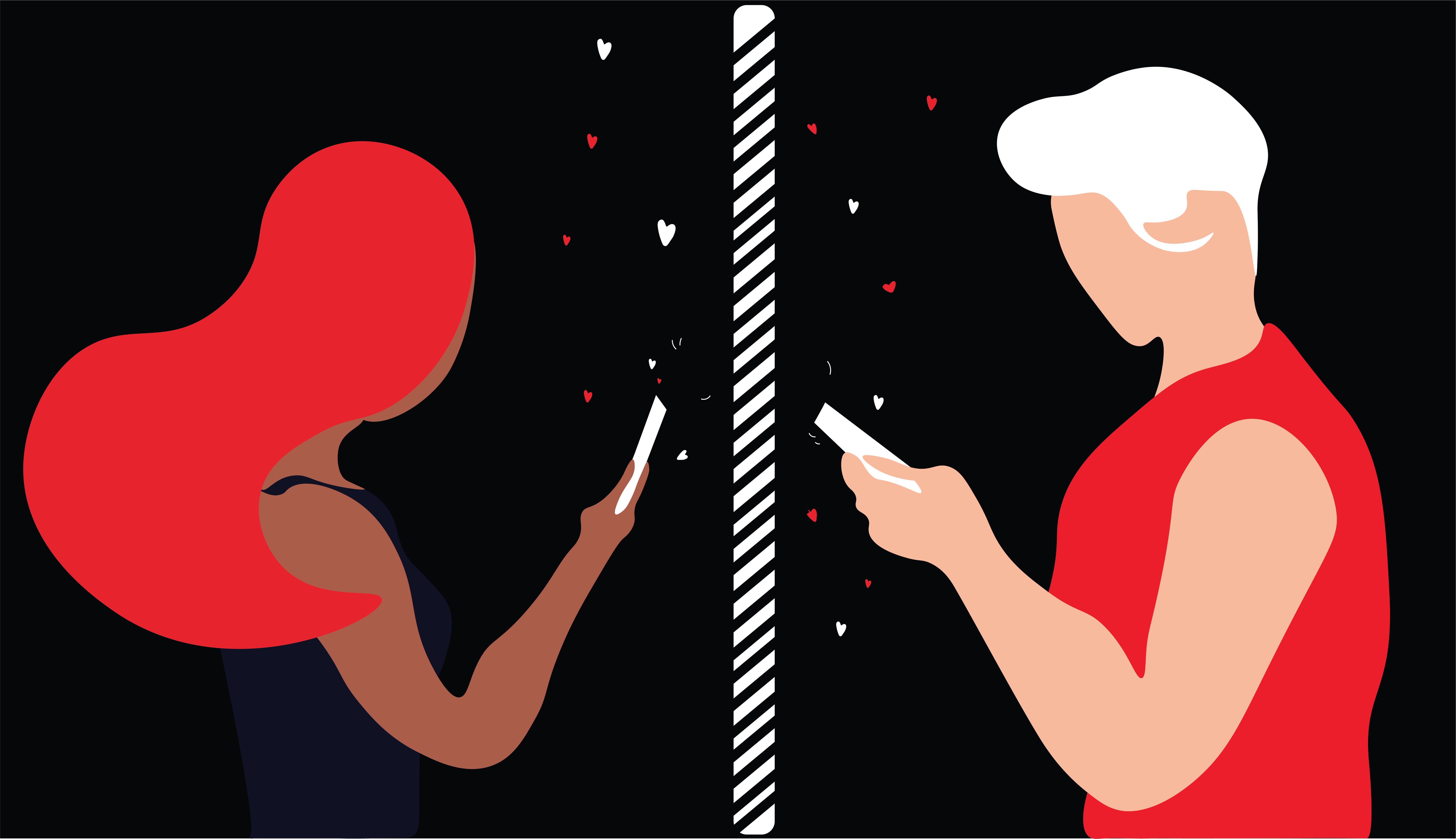Reality television is trash
That being said, there is a huge market for it, and it usually reflects what the people want.
The beloved “Bachelor’s” market profits off viewers watching attractive people “fall in love.” Although this show has remained popular, it’s clearly not checking all the boxes.
Netflix has jumped on the idea that unlike what we see on “The Bachelor,” people want authentic, less superficial love. That’s tricky for reality television, but alas they have tried to take it on, in the new reality T.V. show “Love is Blind.”
“Love is Blind” is a show where contestants talk to eligible bachelors and bachelorettes through opaque pods, in hopes to find their true love without actually seeing them. For the sake of this article, we are going to skip over the fact that every contestant is extremely attractive, every woman is wearing a full face of makeup despite not being seen and we are mostly only exposed to heterosexual desires because if we unpack that, I will get a migraine. A grain of salt … we are taking this with a grain of salt.
Before I continue, I would just like to admit that I am not a huge fan of reality television. I never understood the point of “Jersey Shore” or “Keeping Up with The Kardashians” (and, I feel like I may have just lost some readers). So, that being said, I am definitely not here to review the show. There are many more qualified pop culture experts who would do a better job than me. I do, however, want to look at why a show like this exists, and why dating in 2020 is always framed as a nightmare.
Is it really necessary for us to delete our Tinder apps and head to Atlanta, Georgia to find true love through an opaque wall? Is this really where we’re at, team?
The other day I asked my grandfather why he married my grandmother. He told me that she was smart, pretty and nice. They dated, and he thought, wow—smart, pretty and nice, let’s get married. My grandmother, of course, can tell you the exact shoes my grandfather was wearing on their first date, and how the hand-me-down button-up white shirt he had on was just a smidge too small. She just knew he was the right guy. A simpler time, right?
When I think about dating in the past, I always feel like it was easier. Wasn’t it just flowers, phone calls and drive-in movies? No texting, getting ghosted, emojis and definitely no swiping. What a dream.
Except that’s not necessarily fair. As society evolves and changes, so do relationships.
Dating apps get a bad rep, and I can tell you from experience they can be quite draining and discouraging. This being said, the world of online dating is complex. I mean listen, guys, some of my best friends are on the apps. Do you know how damn lucky you would be to swipe on them?
I think to completely write off online dating as a concept is quite difficult. Instead of hating on the apps completely, like the hosts on “Love is Blind” (even though it’s good marketing), we might benefit from a more productive conversation surrounding this dating strategy.
There’s something that smells pretentious to me when people say they would rather meet organically and not on the apps.
I mean, of course, it would be nice to have a smart guy come up to you on the metro, ask you about the feminist literature you were reading, take you out for coffee and spend it talking about how he has 2 sisters and loves his mom. But, as we ask our Google Homes to tell us the weather, and we shove two white plastic headphones that don’t even have a string in our ears, isn’t this just, like, the future? Isn’t finding someone on an app not that crazy, considering everything else we do using technology?
I know I’m oversimplifying the dark world of online dating, but I really just want to talk about the stigma. It’s okay to be vulnerable and try the apps, delete them 16 times and then redownload them—I think it is just part of our 2020 story.
There’s also space for you to disagree with me. I’m not even sure if I agree with me, it really depends on the week. Love isn’t one thing. It’s wonderful, devastating, exhausting and may very well include a little swiping.
Dating is hard at the end of the day, and “love being blind” is just a cheesy song lyric.
Graphic by Sasha Axenova
